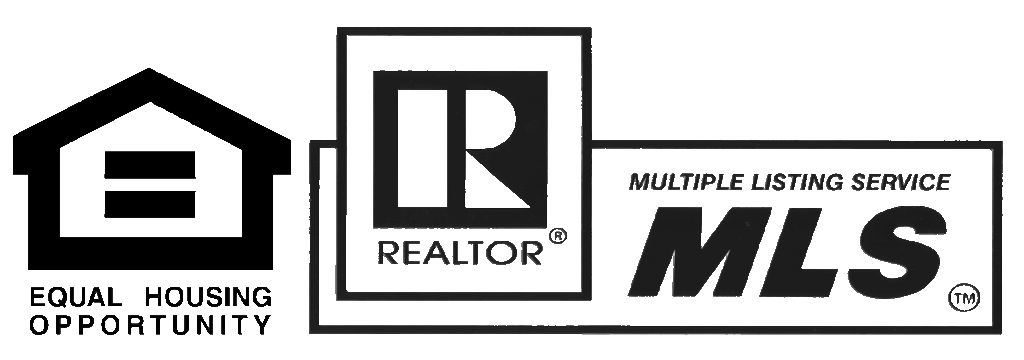Are you looking to finance a new home? Or are you finding the best mortgage rate to refinance your home?
The first step is to shop around. But what does that really mean? Research and prepare. Take time to think and analyze different mortgage plans. You could save a lot by doing this. Take this for example: on a 30-year mortgage for a $300,000 house, a homeowner would pay approximately $1,520 each month at a 4.5 percent rate. But if the homeowner chooses a slightly higher rate of 5.10 percent, it would increase the monthly mortgage payments to $1,633, which would make a difference of $40,680 in 30 years. (Figures were calculated on a 20 percent down payment.)
The best thing you should do is retrieve your credit scores. If lenders retreive them multiple times, it can lower your score.
If you’re looking for a lender, look into their track record. Ask family and friends about them and when you’ve narrowed down your options to two or three lenders, compare their rates.
Before you compare rates, establish a budget. Think about how much maximum you can afford to pay every month.
The lender should be able to give you a comparison of loan terms with conventional methods of financingso you can make an informed decision. Don’t just jump into a plan with low rates. Make sure you understand all the costs with it. Rate lock is a contract with the lender that ensures the interest rate will not change. But you will need to get the loan within a certain period of time; usually 60 days. If the rate increases, you will not be affected. Using a mortgage calculator , compute the monthly payment at different interest rates. If you find a rate that is lower than your limit, lock in to that rate.
When you see rates that are lower than your limit, act fast. Don’t miss out on good deals and offers.Some lenders offer a “float down.” This means that even if you’re already locked in on a low rate, you can get even lower rates. Specific contracts may vary depending on lenders.
When you look for a lender, don’t just consider one. Look into other lenders as well. Different lenders offer different products. Understand the products. Some products for example have low rates for new homebuyers but not for those who want to refinance.
It’s a good idea to try different institutions from a direct lender, credit union or a community bank. Once you’ve made up your mind on a lender, ask what other fees are added to the loan. You might choose a plan with a low rate but have a lot of additonal charges. Before closing the deal, make sure you know the total amount of the loan.
Once this is settled, decide when you want to close the deal. Discuss your intended date with the lender. Ask about the charges for loan lock periods. Lock in for the best rate and the right amount of time.



